25 years ago, it was a great time to go to the movies. There were all kinds of genres, and styles on the big screen: from My Best Friend’s Wedding to The Game, The Full Monty, Men in Black or Con Air, and that’s just scratching the surface.
1997 was also when five movie releases changed Hollywood forever; five movies that still have a massive influence on Hollywood 25 years later.
Titanic
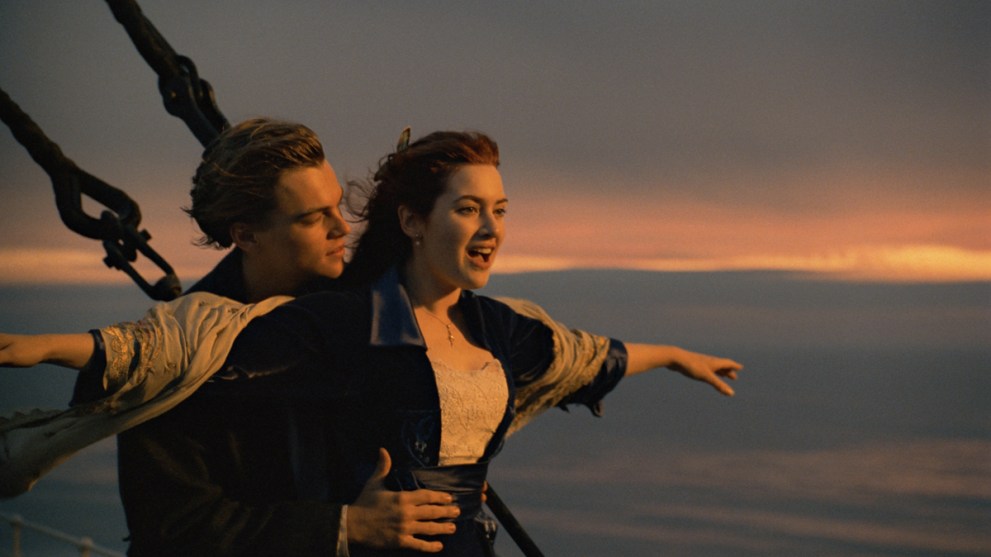
Titanic is not only the tale of how a supposedly unsinkable ship was tragically sunk by an iceberg but also the love story between Jack (Leonardo Di Caprio) and Rose (Kate Winslet).
Titanic changed Hollywood forever as it became their first blockbuster and one of the greatest (the movie is still the third in worldwide gross ever). That success showed film studios that doing fewer movies and hitting big with them was a better financial strategy than having many smaller films do pretty well. It’s a concept that has made blockbusters the bread and butter of Hollywood in the last twenty-five years, especially with the emergence of the superhero genre.
Movies like, say, My Best Friend’s Wedding or Gattaca are unlikely to ever see cinema releases these days. Instead, that side of the movie industry has moved toward video on demand; at the most, productions such as those would have a week or two at the cineplex (Ticket to Paradise with Julia Roberts and George Clooney being the perfect example). Generally speaking, the rise of blockbusters and the success of streaming has resulted in most people reserving the cinema experience for only the biggest movies ever.
Again, Titanic was at the forefront of this movement, and it also proved that the big blockbusters created stars, and not the other way around, as Winslet and especially DiCaprio went to the stratosphere thereafter.
Jackie Brown
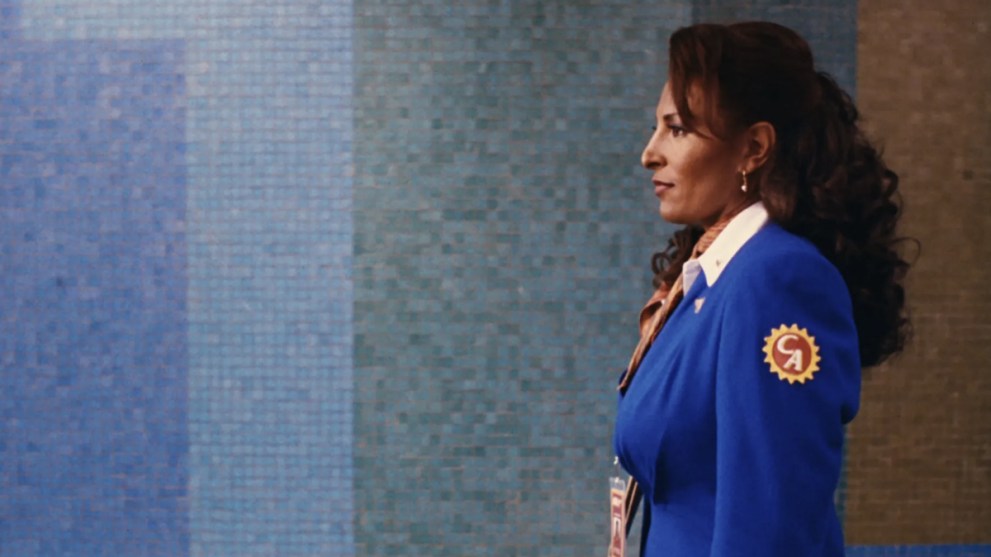
Jackie Brown is the story of a flight attendant caught by the ATF for smuggling money and drugs into the United States. Caught between the ATF cop who detained her and her arms-dealing boss, Jackie (Pam Grier), must find her own way to escape.
Jackie Brown showed Quentin Tarantino was a brand himself, and that he could more or less do no wrong in Hollywood. This movie was very different from both Reservoir Dogs and Pulp Fiction, as this was an adaptation of Elmore Leonard’s novel Rum Punch, and it was a hit because it had Tarantino’s prints all over it.
The mix of Leonard’s prose and characters with Tarantino’s vision combined to create a movie that stands today as the director’s most romantic. Indeed, the relationship between Jackie Brown and Max (Robert Forster) is surprisingly sexy, intimate, authentic, and unique.
Ever since Jackie Brown’s release, Tarantino has become more than a household name, as every news about one of his movies is followed and analyzed as much as if it was the last MCU trailer. Not to mention, the indie world in which Tarantino cut his teeth doesn’t even exist anymore as the blockbuster has killed 30 million movies, but the director keeps going, threatening to shoot only one more film, while writing novels, cinema critique books, and there are even rumors of a tv show. Whatever he does, we’ll be the first online to see it.
Good Will Hunting
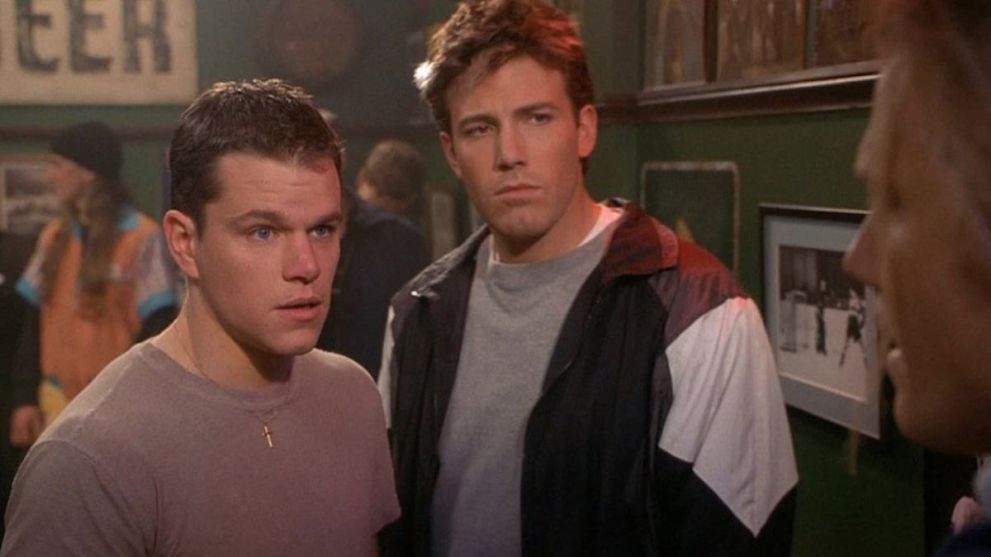
Good Will Hunting is the story of Will Hunting (Matt Damon), a troublemaker with a loyal group of friends, especially Chuckie (Ben Affleck), who is also a math genius and needs the help of a therapist (Robin Williams) to reach his potential.
Good Will Hunting gave Hollywood Matt Damon and Ben Affleck, two of the biggest stars they had since then. Between the two, they have grossed over $9 Billion at the box office. Without this movie, there probably would’ve not been Bourne and Batman (Zack Snyder version), and cinema wouldn’t have such films as Rounders, Gone Girl, or Argo.
This movie also showed there was another way to get to Hollywood: creating your own starting vehicle, as Damon and Affleck wrote a film tailored to show their acting abilities, one that touched on themes not always explored in male friendship: dreams, fears, love, hope, letting go and putting the interests of loved ones over yours. The same strategy was used by Billy Bob Thornton in Sling Blade and Kevin Smith, who also appeared in his movies as Silent Bob.
In the last few years, this same strategy has seen other actors lead their own projects as a means of continued success in Hollywood. Reese Witherspoon has done so with Big Little Lies, while Margot Robbie also did so with I, Tonya.
L.A. Confidential
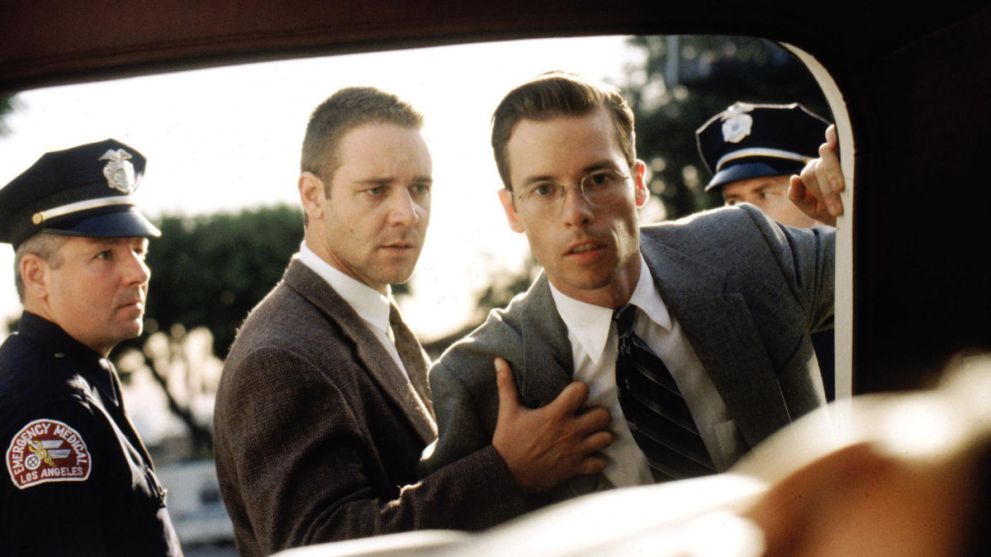
L.A. Confidential is the story of three cops in 1950s Los Angeles, each with wildly different approaches to their jobs. It’s a superb production across the board, but the movie is relevant to our list here in that it taught Hollywood two lessons that are still abided by today: intellectual property (IP) is often an effective subject matter for movies, and period drama as a genre tends to gain favor at The Oscars.
Today, of course, it’s commonplace to see comic books and video game IPs used as a basis for modern film, but in the late 1990s, it was a literature that would come up trumps. L.A. Confidential was written by James Ellroy and was a big success, which made it attractive to Hollywood. Curtis Hanson (who also directed the movie) and Brian Helgeland adapted it brilliantly, as they kept the best parts while creating a new thing that suited the film medium, something that is usually a lot tougher than it looks.
L.A. Confidential demonstrated that period dramas tend to do well at the Academy Awards. The movie was nominated for nine Oscars and won two: Best Supporting Actress for Kim Basinger and Best Adapted Screenplay for Hanson and Helgeland. It might’ve won several of these but didn’t as Titanic more or less vacuumed up everything that year.
Since then, all the studios make their most award-baiting movie period pieces, as it has been proven, again and again, that Academy voters love them. There are many examples: from Shakespeare in Love to Gladiator, A Beautiful Mind, Chicago, or The King’s Speech (this last one hurts, as it left without the Best Picture Oscar, what many consider the best movie of the 21st Century: The Social Network).
This movie also showed there was a lot of interest in old-school detectives, crime, and the city of L.A., and was probably one of the inspirations for L.A. Noire.
Boogie Nights
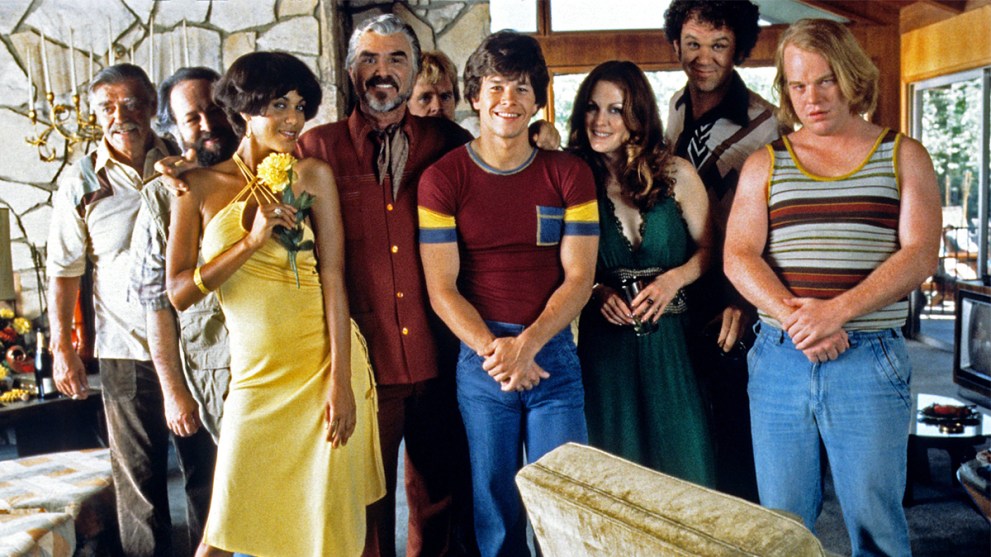
Boogie Nights told the story of Dirk Diggler (Mark Wahlberg) and all his friends from the porn industry during their best and worst times in the seventies and eighties in Los Angeles. Boogie Nights is a unique movie that announced the arrival of both director Paul Thomas Anderson and actor Mark Wahlberg.
Anderson was only twenty-six years old when he directed this movie, his second after the failed Hard Eight. He decided to start this film by showing he had no fear at all: with an incredible one-shot scene where he proved his prowess as a writer and, especially, as a director, as he presented most of the important characters while doing a tracking shot that would’ve made Scorsese proud.
Since Boogie Nights came out, Anderson has kept doing unique, artistic, one-of-a-kind movies. From films with great casts like Magnolia (maybe the last time Tom Cruise was a real actor) to more intimate but incredibly rewarding ones like There Will Be Blood and The Master.
Boogie Night’s lead actor was Mark Wahlberg, who was already known as a rapper, and underwear model, and he had even made some movies like Fear. This movie made Hollywood and many directors look at him as more than a pretty face without acting skills.
Since then, Wahlberg has been a box office magnet with both action and comedy films, but it’s in those times where he lets himself be directed, like in Pain and Gain or The Departed, where he really shows what he’s capable of, the talent Anderson saw to make him the lead of this one in a million movie.
These are the many reasons why these five 1997 films still have a massive influence in Hollywood all this time later, showing how success can change how an industry as big as Hollywood sees things.

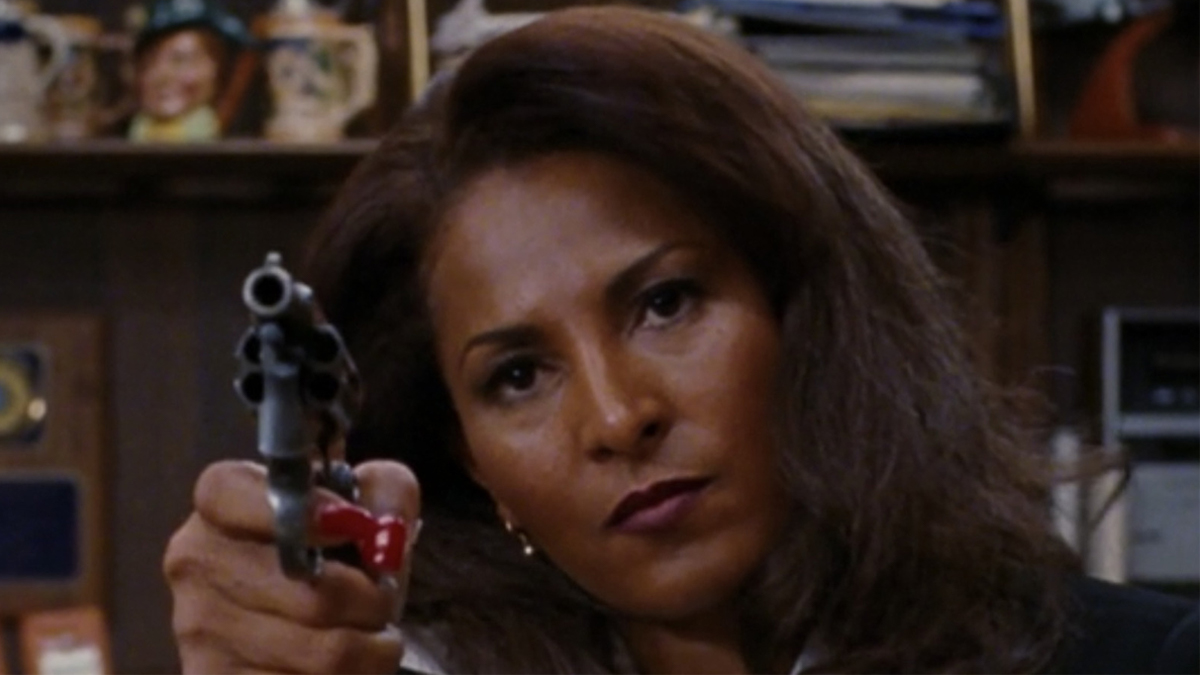
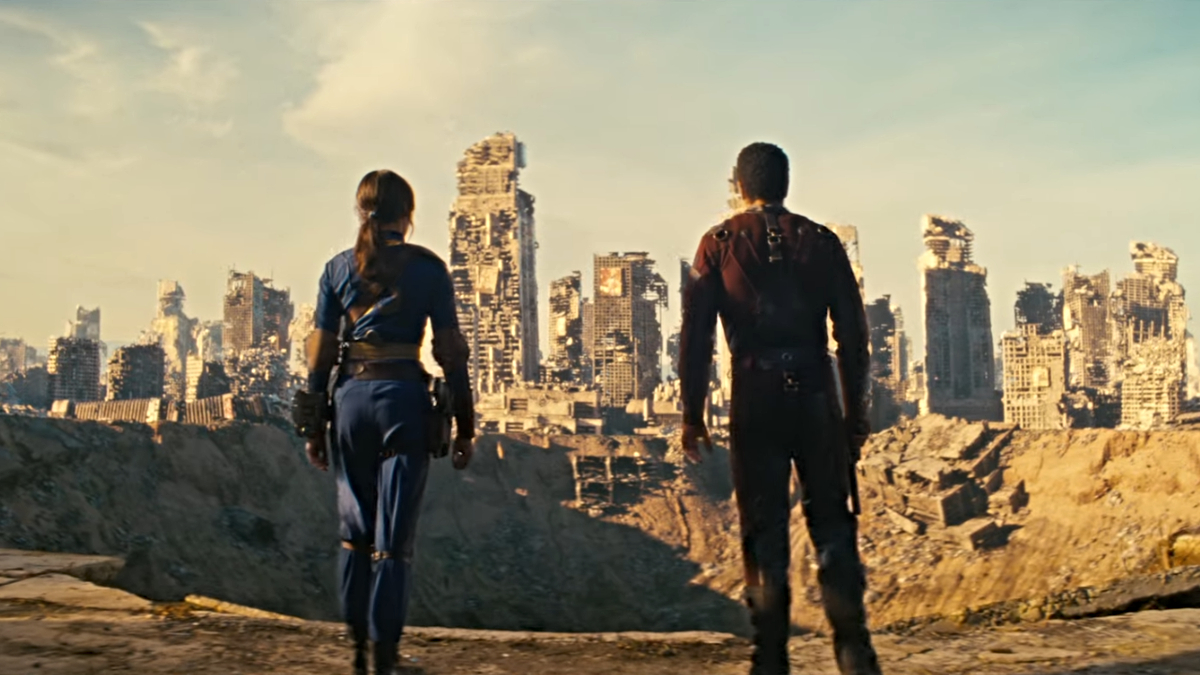
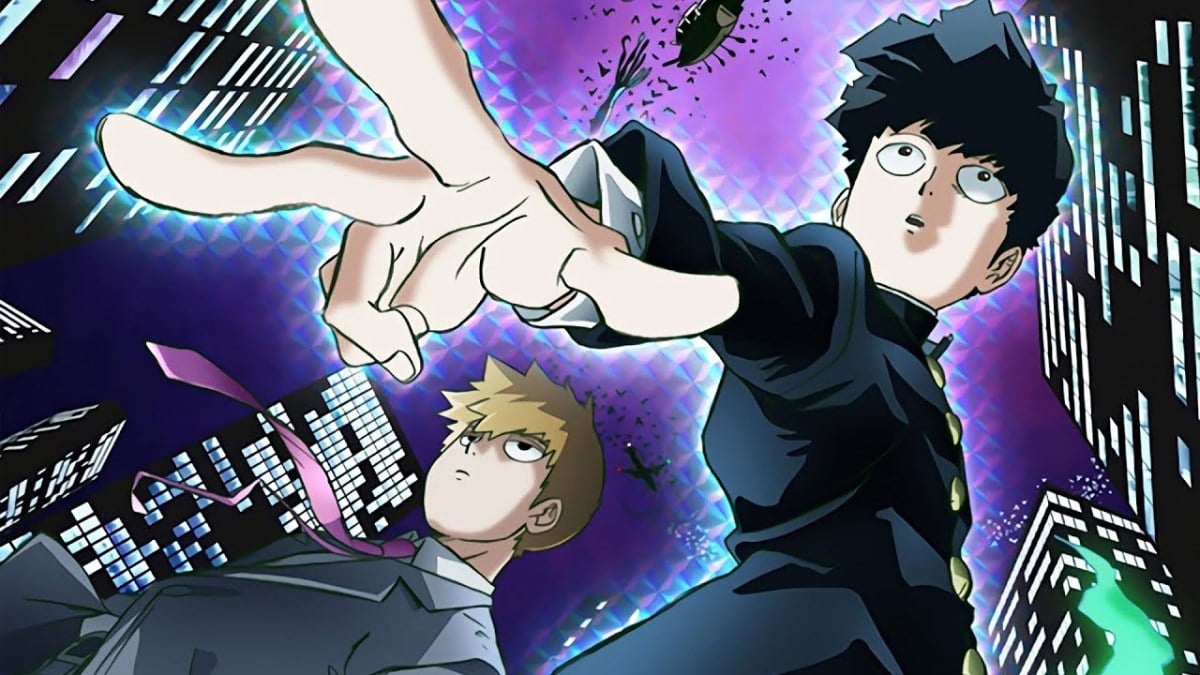
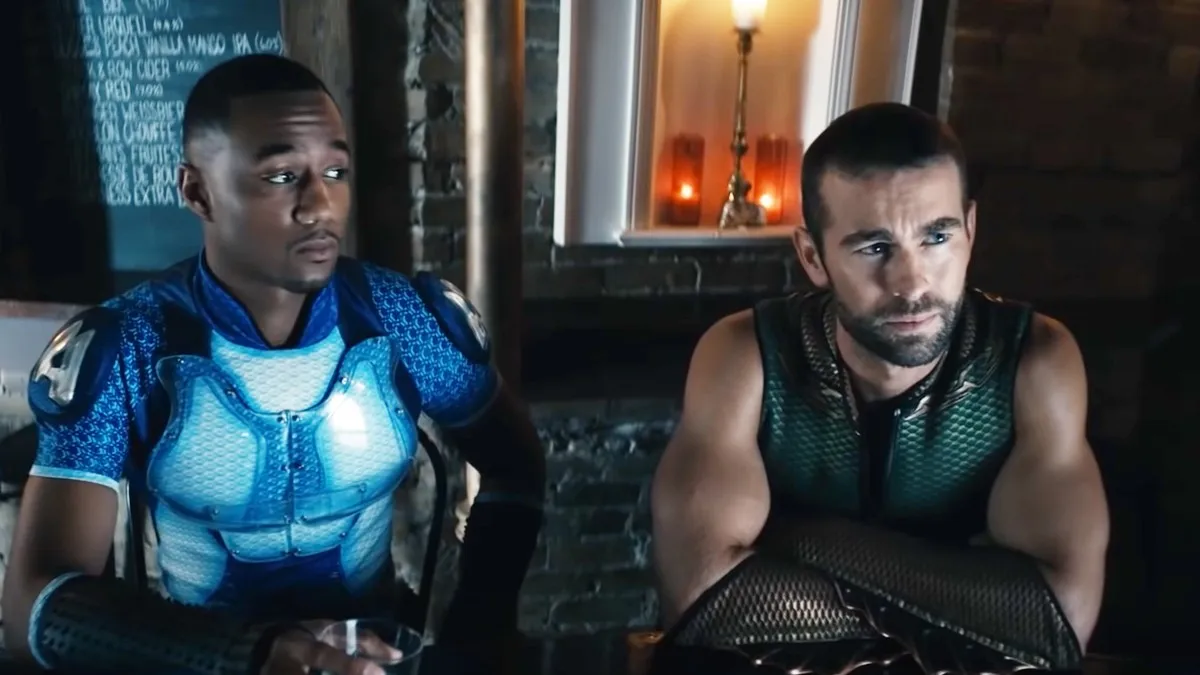
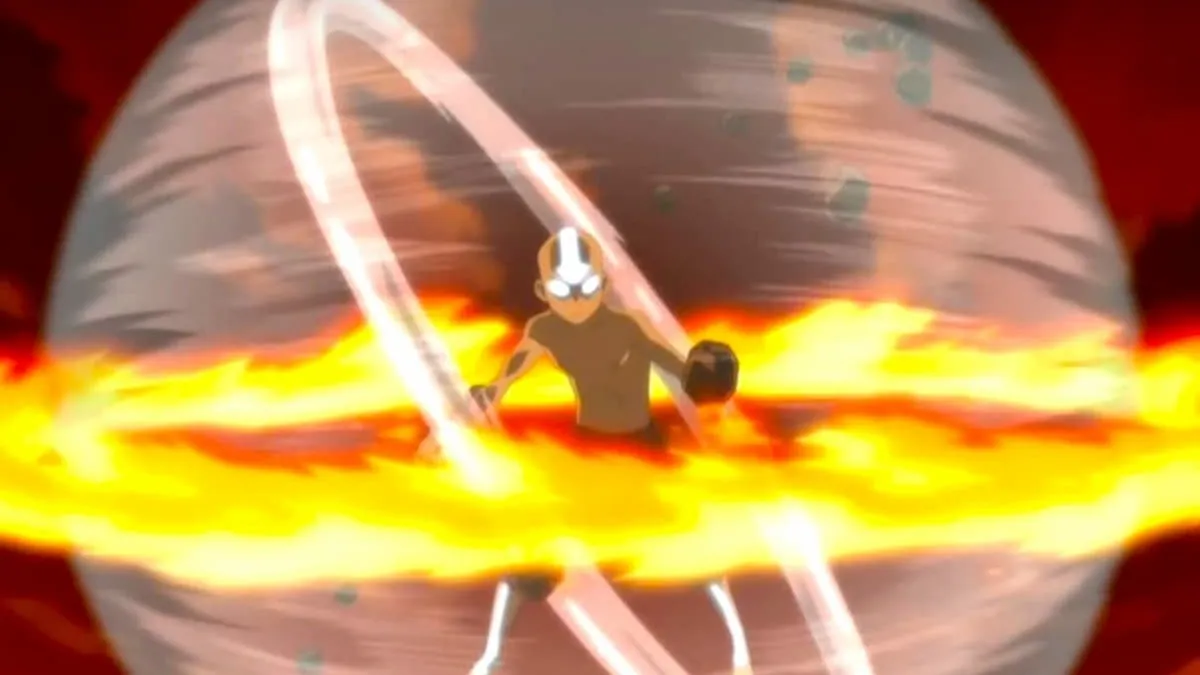
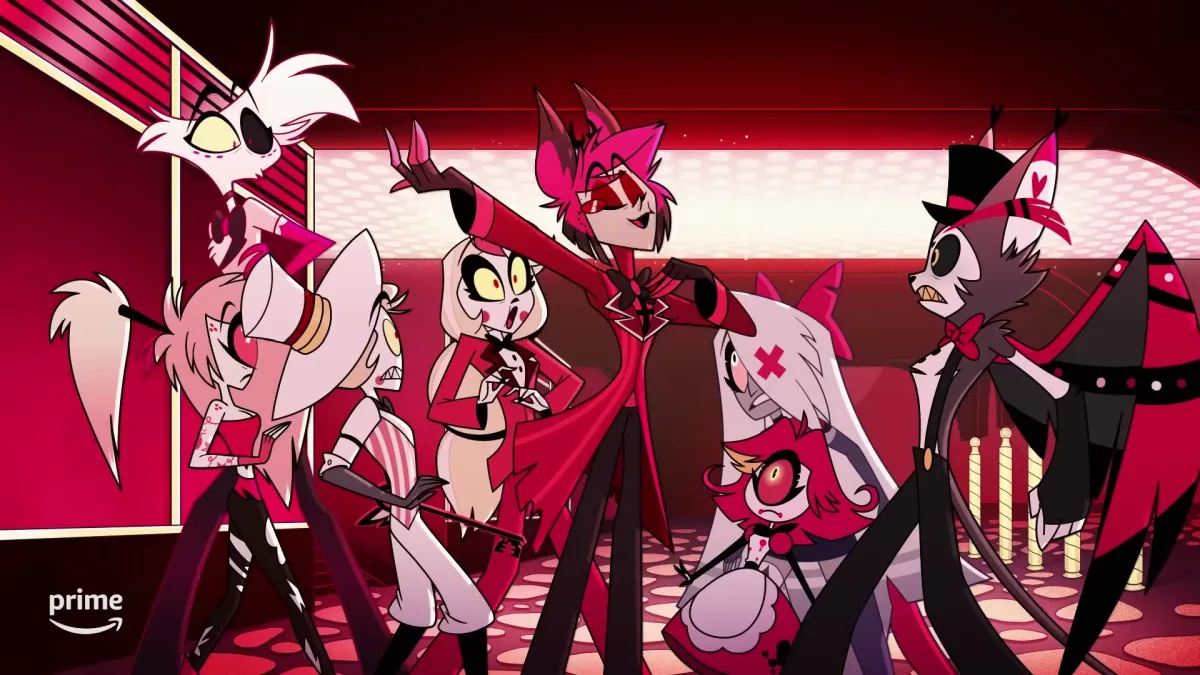
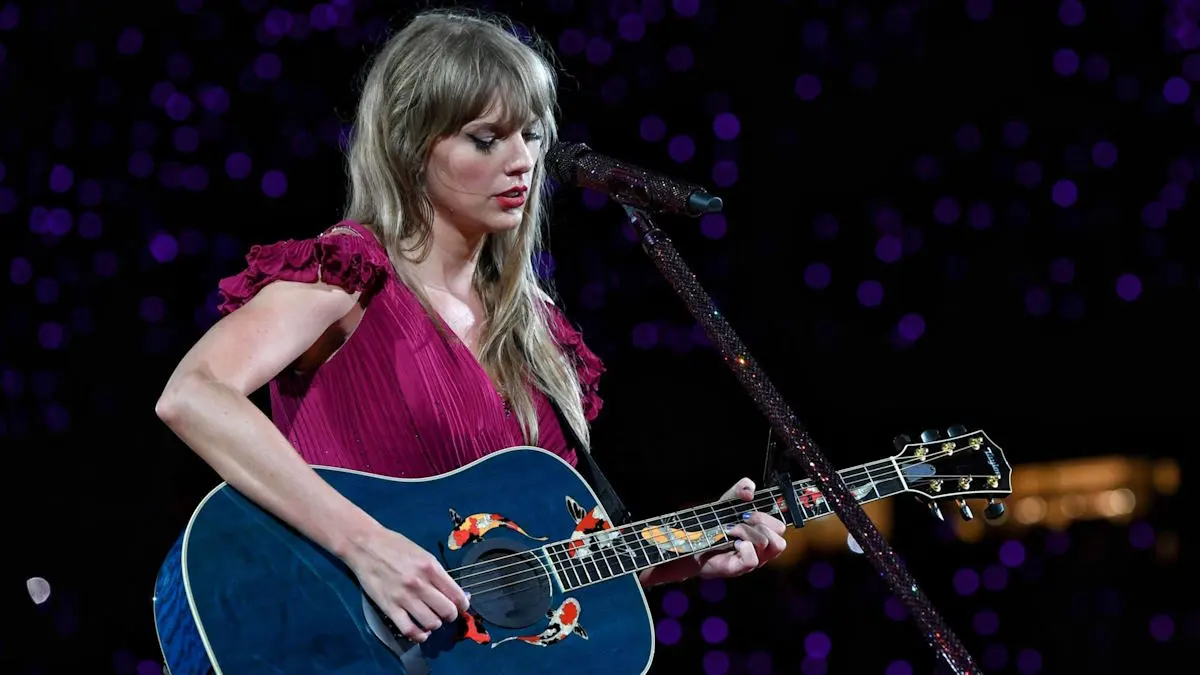
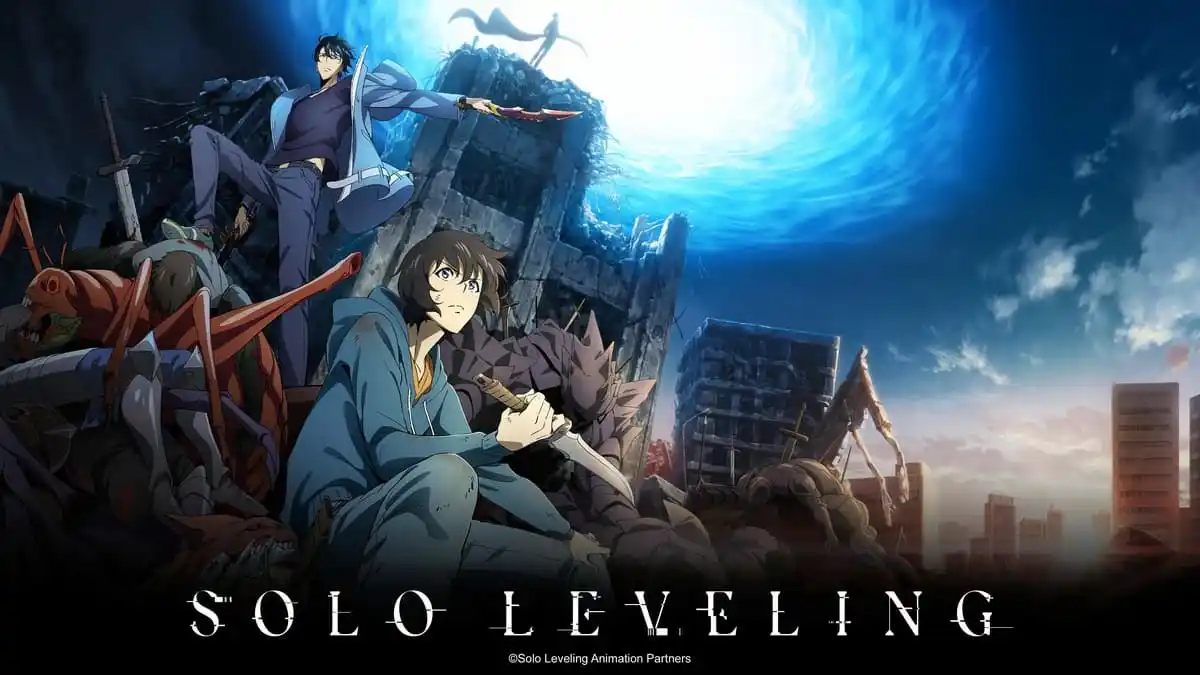
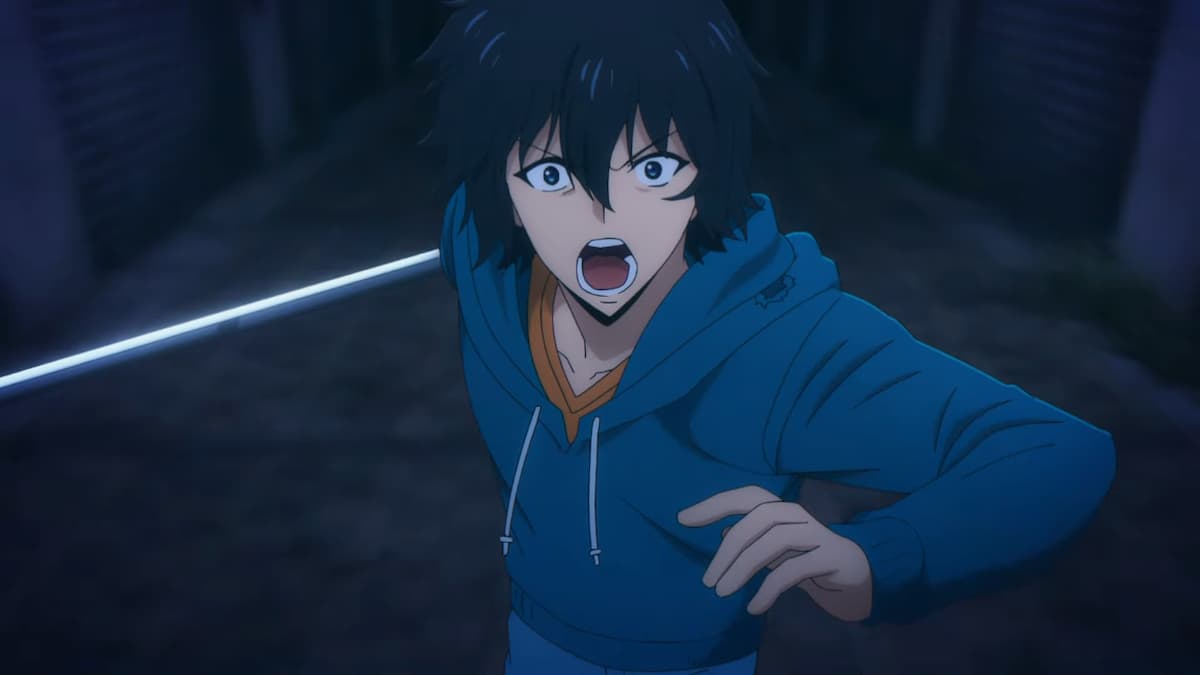

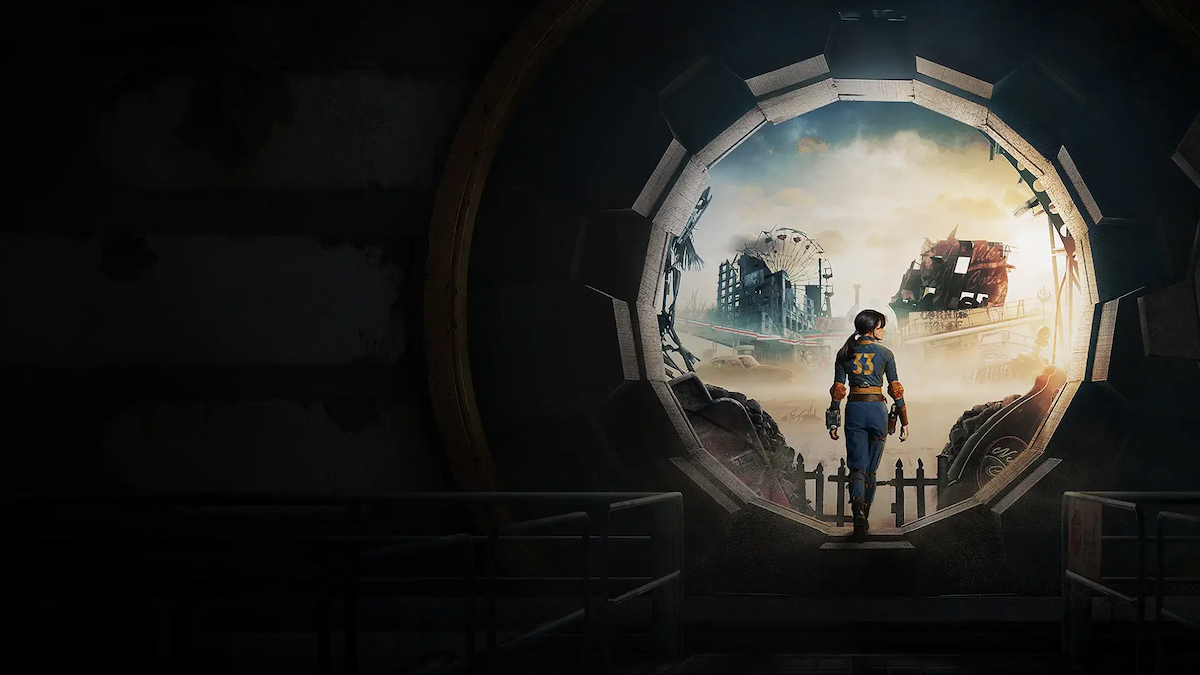
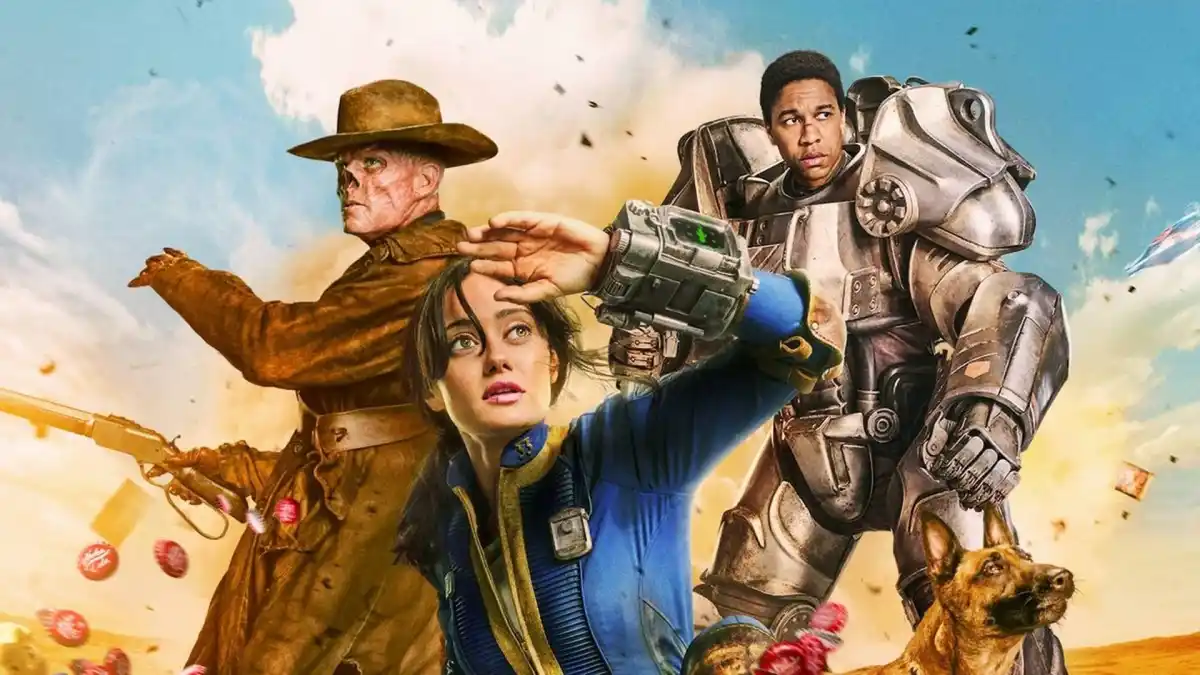

Updated: Dec 5, 2022 07:31 am